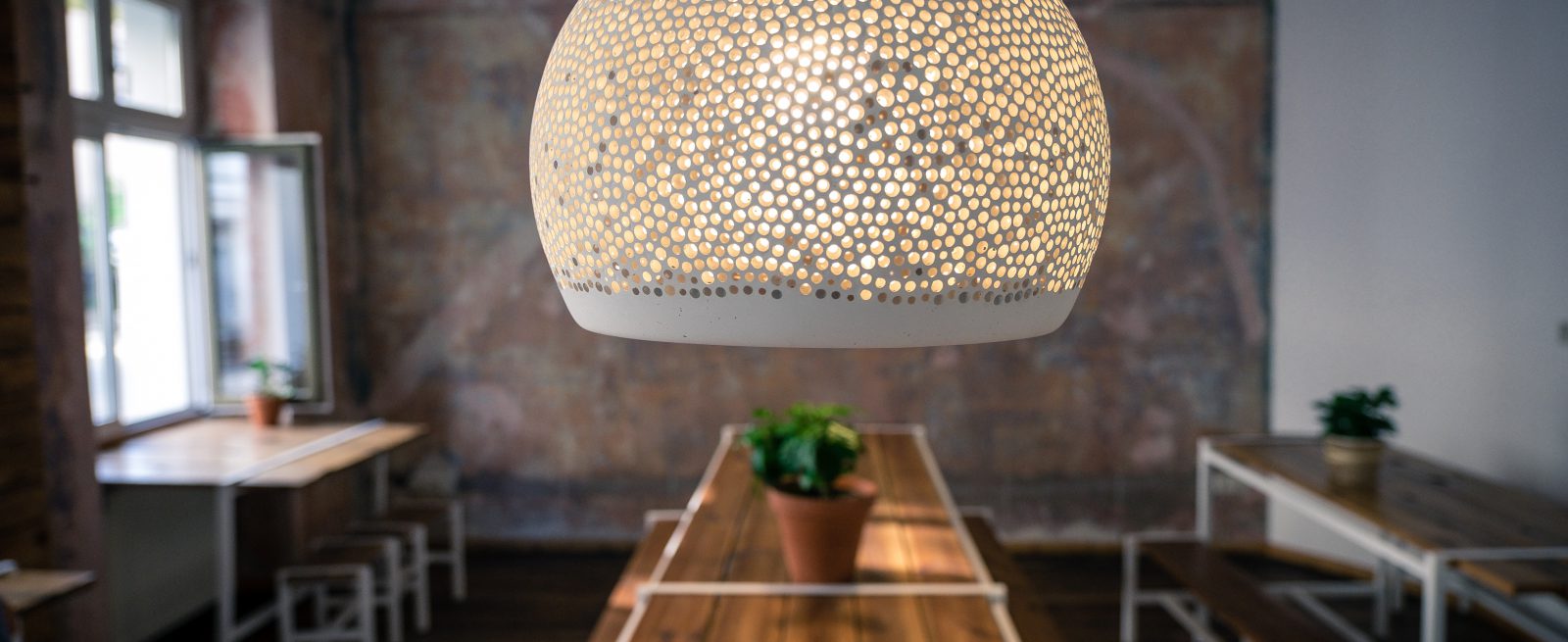The Unexpected Costs of Opening a Restaurant
5 Min Read By Kay Dexter
You already know there are a ton of things to consider when opening a restaurant. With so many moving parts, it’s surprisingly easy to underestimate—or even flat out overlook—some of the particulars.
Even with the most meticulous planning, some things tend to fall through the cracks. So, to make sure you don’t make the same mistakes of yore, we’re going to touch on the most commonly overlooked costs that catch aspiring restaurateurs off guard and offer some advice on how to minimize those potential blows.
Surprise Construction Costs
We’ve seen it in every episode of every home-improvement, house-flipping show on HGTV. It turns out these load-bearing walls are secured with… bubble gum and thumb tacks? It’s going to cost us how much? But we’re already over budget! Commercial break.
The truth is, problems of that sort are only partially sensationalized on your television screen. Shoddy workmanship (that may have already been in place long before took possession of a building) can do a number on your budget. You might only find out about these problems when you open up a wall for what’s supposed to be a simple project, leaving you saddled with the cost of making it right.
Beyond possible structural issues, you’ll also want to make sure things like HVAC, electric and natural gas service to the property are adequate for the demand of a busy restaurant. If the building wasn’t previously set up as a restaurant, it may require some work to get it to scale.
Your Best Course of Action: Get an experienced, trustworthy contractor to do a thorough building inspection before pulling the trigger on the space. Keep in mind that no inspection will be able to catch everymistake of renovations past, so, it’s a smart move to budget extra funds for the unknown.
Design Changes
You have everything laid out in your head: The grand entrance, the beautiful seating arrangements, that sparkling, oh-so-functional kitchen. You execute it flawlessly and you’re pleased. But when you fill it with people, suddenly you realize you need to make a few tweaks.

The chef is bumping his elbow on the bain-marie every time he turns around. That one seat at Table 5 provides a perfect view of the bathroom door. There are countless reasons you might need to alter your original design. Whether you simply changed your mind or it’s influenced by how your staff actually uses the space, changes in design can be inevitable.
But don’t sweat it. Every aspect of your space should be labored over as you craft the perfect atmosphere to satisfy your customers and your vision. Often, what seems ideal on paper doesn’t work in practice. Restaurant layouts require a certain flow. Each space has to be efficient to work in for those stationed there or just passing through. Some aspects can only be fully determined by experience.
Your Best Course of Action: Take care to consider how every piece of your design and layout will function together on a Tuesday lunch service as well as during the most hectic Friday night rush. Try to envision all scenarios. When you implement your choices, do what you can within reason to reduce permanence until its field-tested. Hold off on making permanent costly décor choices around a particular seating or kitchen layout before you know it’s there to stay.
Music Licensing Fees
Have you ever walked into a restaurant and it’s just eerily silent? It’s pretty rare, and for good reason. However, if you have encountered a strangely quiet restaurant, you’d be in your right mind to turn around and walk out. Stepping into what feels like a scene from a post-apocalyptic film isn’t exactly appetizing.
Music is essential to creating the right ambience for your eatery. If you haven’t thought about it yet, here’s your reminder: People often won’t even notice the music that’s playing, but everyone notices when there’s none.
Whether you have a specific theme in mind or just want some background music to lend a touch of liveliness to your restaurant, you’re going to have to break the silence somehow. And everything comes at a cost. As a commercial business, paying for the rights to the music you play is a must—but it’s something that’s commonly forgotten.
Your Best Course of Action: This is a simple one. Secure the rights you need and avoid getting hit with a fine, or worse, a lawsuit from a disgruntled musician. This cost is an annual one and it’s only fair.
Credit Card Processing Fees
Everyone knows that accepting credit cards is a necessity for any business operating today. The option to pay with plastic is one we’ve come to expect as standard. So much so that it’s shocking when a business doesn’t accept cards. The reality is, failing to take card payments is a huge deterrent for the increasing demographics who don’t even carry cash anymore.
What’s not so common knowledge is the cost the business accepting the card incurs. For every transaction, you can expect to lose anywhere from 1.8 percent to 2.5 percent of the total charge as the business owner. Although the percentage is relatively small, it adds up.
On the subject, make sure you consider the cost of the actual POS system you will use. You can absolutely go for a low-budget option, such as a card reader and a tablet paired to your accounting software, but keep in mind that you can get more functionality with a costlier, more robust system.
Your Best Course of Action: If you’re forecasting profits, be mindful of the fact that if you do $10,000 worth of business in credit sales, you might only be clearing $9,800. Do your research and decide on what you want to get out of your POS system besides simply customer payment. Increased functionality like integrated inventory tracking could be worth the extra upfront cost since it will save you hours of time and lost productivity by having an easy way to analyze your costs and stay on top of inventory.
Ongoing Marketing Costs
Let’s be clear: like everyone else living in this century, we’re big fans of utilizing social media as a free or low-cost avenue to promote your business. The benefit-to-cost ratio is phenomenal, and there’s certainly no excuse to forgo grassroots social media-based marketing campaigns.
But it’s not always as simple as it sounds. Marketing your restaurant on social media is one of those tasks that seems really easy until you’re actually doing it. Making the most of social requires a lot of time and persistence. The casual post approach certainly can’t hurt, but the key is maintaining a consistent, growing presence within your target market. For your social media marketing efforts to work, there has to be a pointed strategy at play.
While a DIY approach to online marketing couldn’t hurt, consider that a number of age-old marketing techniques arestill effective. Recruiting the help of a reputable marketing firm can really help you get people in the door during those crucial opening months. The professionals know the nuances and can provide tested strategies that work. And beyond opening months, you’re going to need an ongoing strategy to keep customers flocking to your restaurant.
Your Best Course of Action: Consider not only your grand opening campaign, but also the time you’ll need to invest on a daily basis to maintain a presence to your potential customers. Schedule a few upfront meetings with a marketing professional to gather insights on how the machine works. You might find it makes more sense to let a marketing firm handle your grand opening campaign, your continued presence, or both.
Here’s the Bottom Line
The most disastrous mistake an aspiring restaurateur can make is failing to consider the unexpected.
Unfortunately, amidst the excitement of opening day and the laundry list of things to do, it’s an easy mistake to make.
If you’re still in the beginning stages of planning your restaurant venture, make sure you check out this handy restaurant startup cost calculator to break down all the elements that go into opening a new eatery and give you a sense of potential budget involved for a variety of aspects.
Our goal isn’t to dissuade you from opening your own restaurant—it’s to prepare you. So, make sure to keep these costs top of mind as you make your industry debut and you’ll find yourself several steps ahead.


